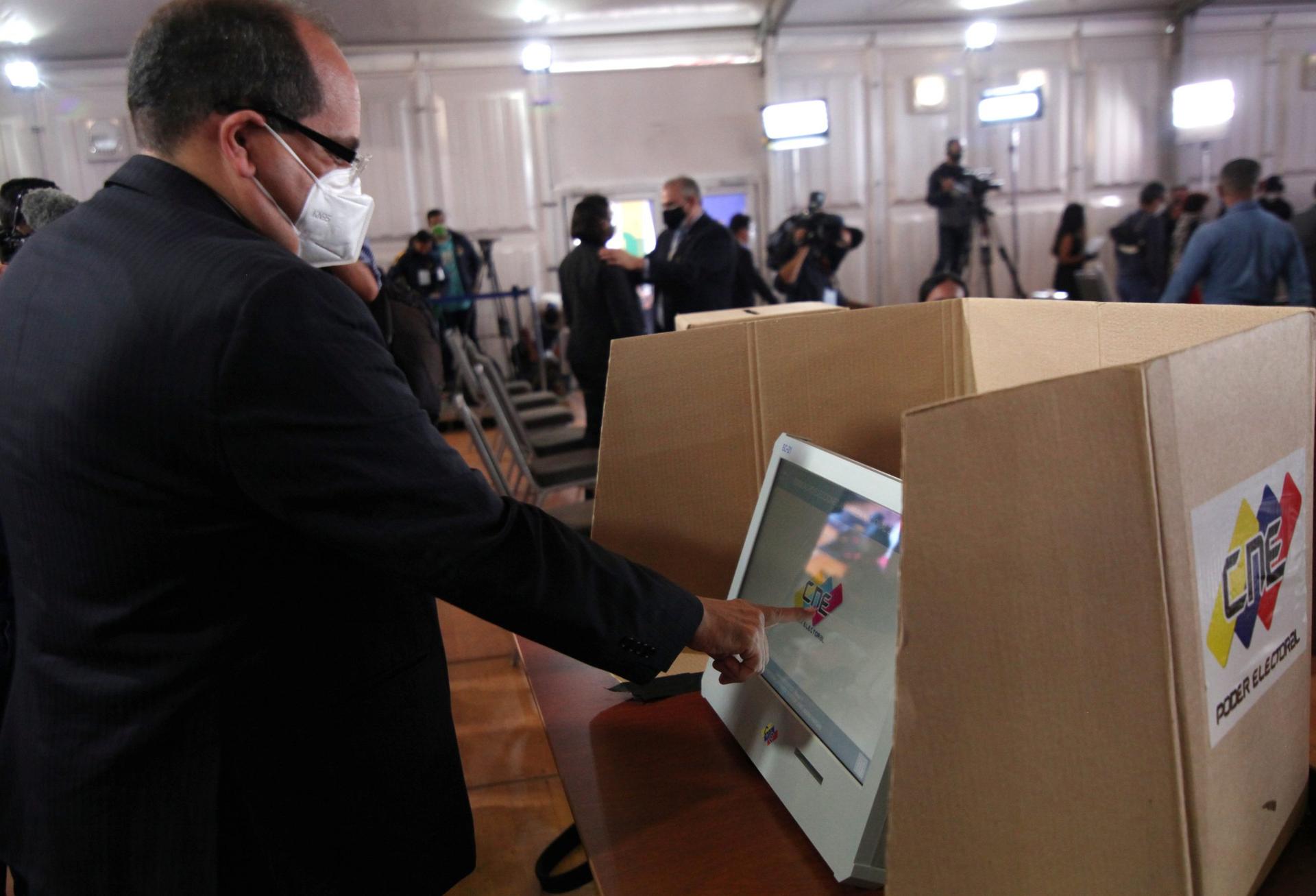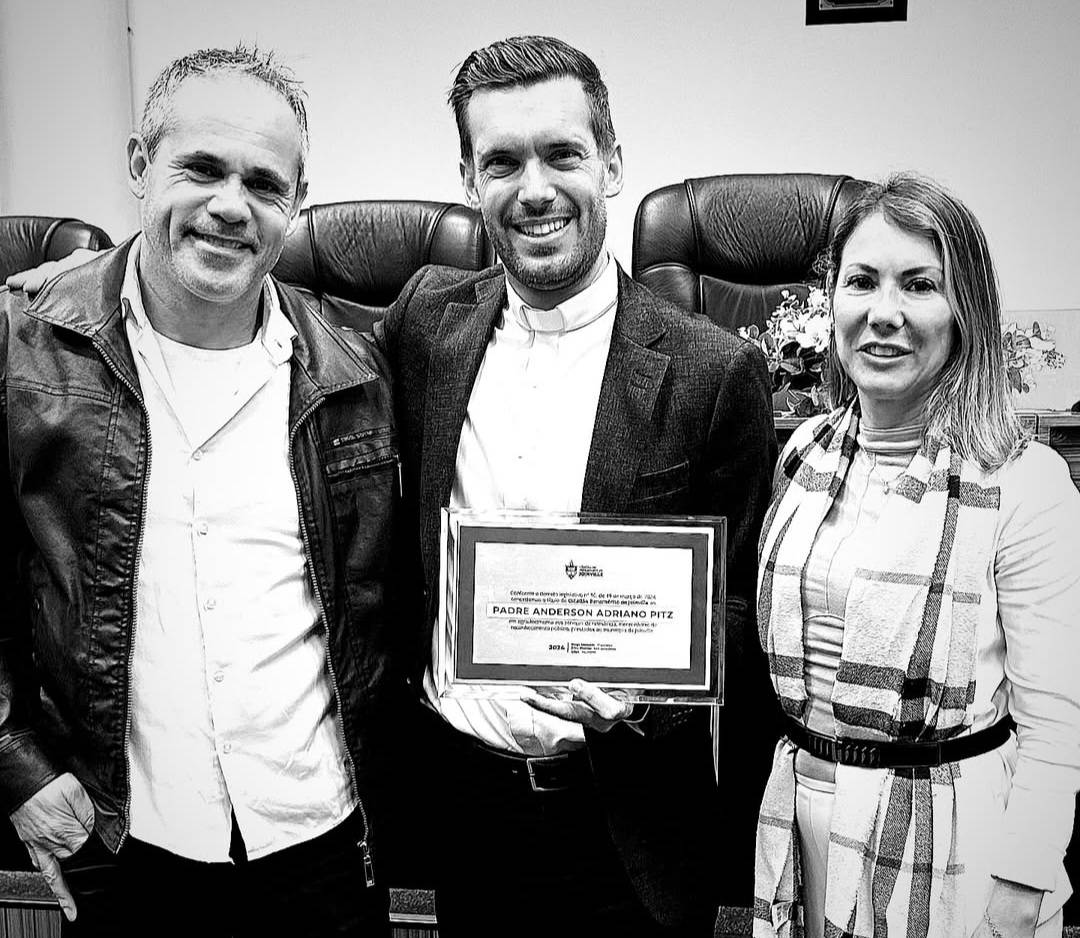BOGOTA, Colombia — The Venezuelan bishops’ conference said government plans for congressional elections in December are “immoral” and would only aggravate the South American nation’s political and humanitarian crisis.
In a statement issued Oct 15, the bishops said it would be unfair to ask Venezuelans to head to the polls at a time when many are barely making enough to make ends meet, are vulnerable to coronavirus and while there are “no mechanisms to ensure transparency and verify votes.”
“The presidency has been incapable of responding to the problems we face, and its actions tend to make things worse,” the bishops wrote. “It appears that its only objective is to stay in power at all costs, without caring for the suffering that this inflicts on the Venezuelan people.”
President Nicolás Maduro wants the country to hold its legislative elections Dec. 6, but most opposition parties in Venezuela have said they would boycott the elections, over fears that they would be rigged by Maduro’s United Socialist Party.
Calls for a boycott began this summer, after Venezuela’s government-controlled supreme court disbanded the boards of two major opposition parties, taking away their ability to place candidates of their choosing on ballots. The court gave politicians who are perceived as pro-government the right to use these parties’ logos and place candidates on ballots on their behalf.
The previous legislative elections took place in 2016 and were easily won by the opposition, which has controlled Venezuela’s congress, or National Assembly, since then. But with the changes imposed by the supreme court and the impending opposition boycott, Maduro’s party is expected to take control of congress in December.
The bishops’ conference said Maduro has become a “de-facto leader” whose own reelection in 2018 is not recognized by dozens of countries, including the United States.
But the Venezuelan bishops also warned that abstaining from elections would not guarantee change in Venezuela, where an increasingly authoritarian government — and an imploding economy — have forced more than 5 million people to leave since 2015.
“Opposition parties are divided and have not presented a real alternative for change,” the bishops said. “We need diverse groups of society to accompany peaceful protests that are emerging across the country and to define a clear route for political, civic and democratic transformation.”














